Wellbeing
Chelt.Sec Wellbeing | Wellbeing Contact Form | Helpful Contacts |
Kingston Youth Services
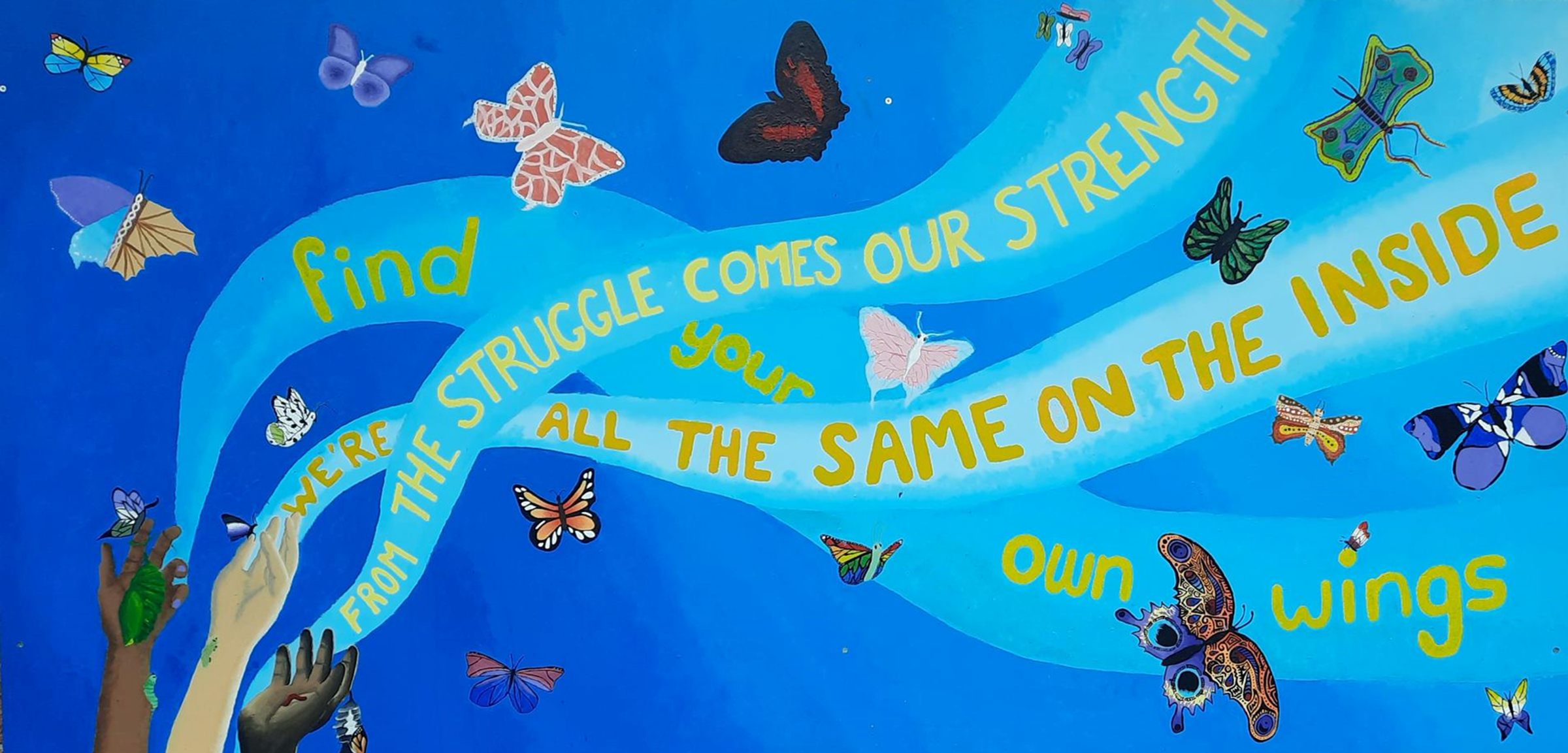
Wellbeing
Chelt.Sec Wellbeing | Wellbeing Contact Form | Helpful Contacts |
Kingston Youth Services
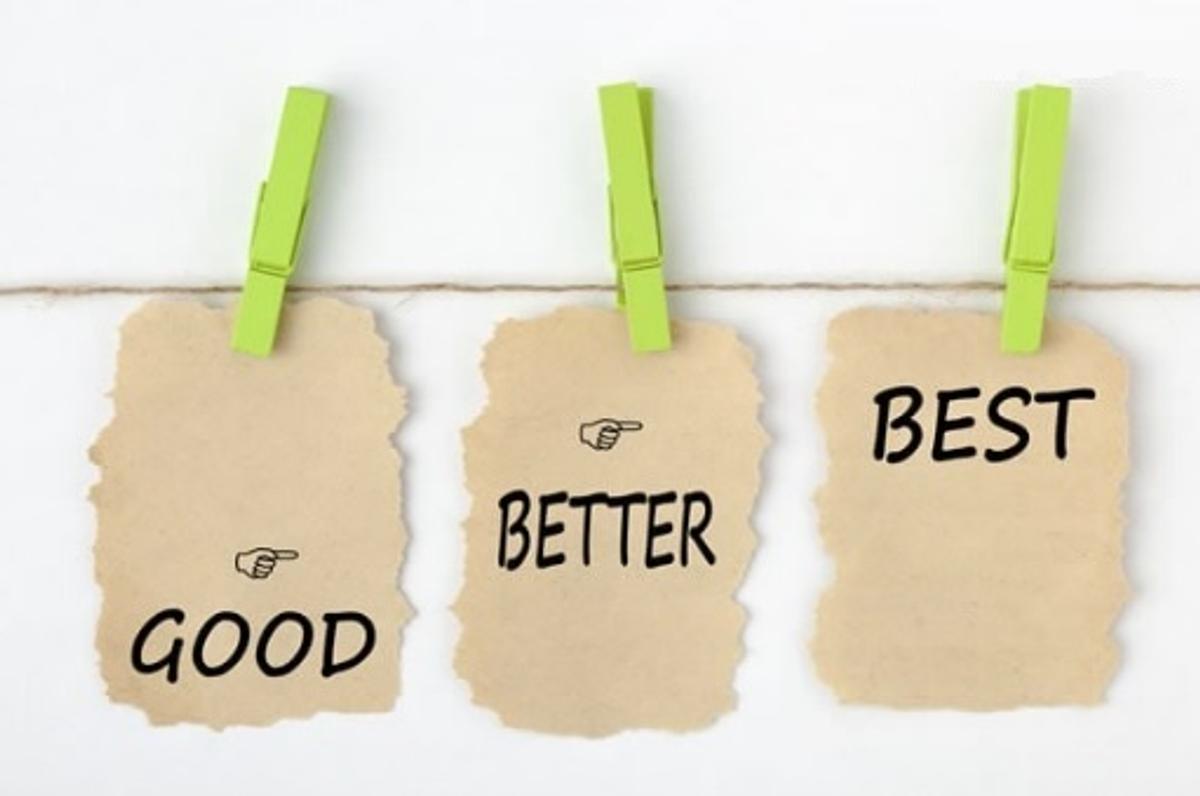

As parents, we forget kids absorb our stress. It then ends up travelling with them all the way into the school yard, the classroom and eventually, it ends up as symptoms of general anxiety. At which point the school's wellbeing service ends up listening to the student describe how the source of their stress originated all the way from home.
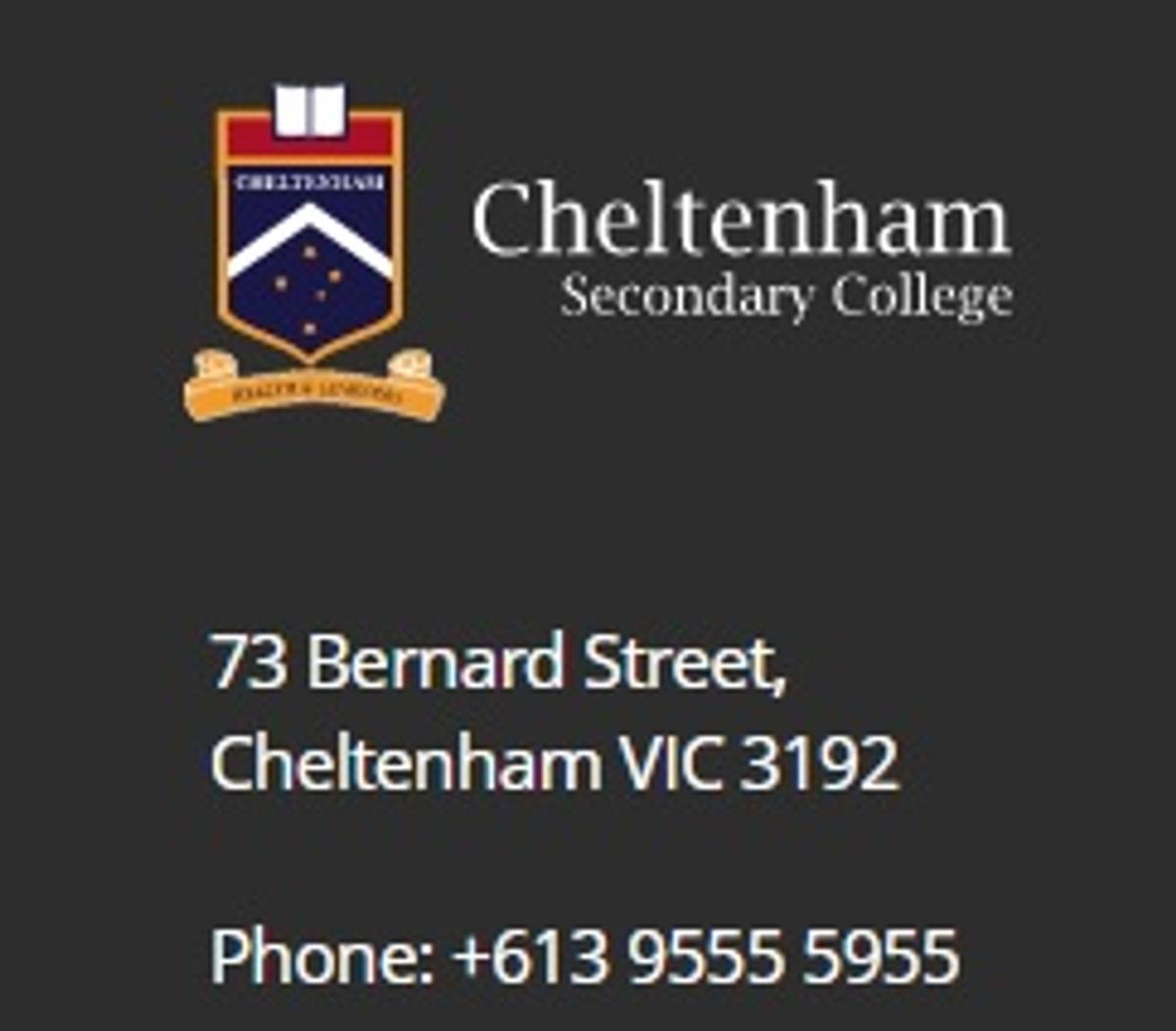

So...the Cheltenham Secondary College Wellbeing Team has these take-home Winter 2022 tips, and parent advice courtesy of our students. AKA most likely your own child. Oddly many students visiting the College Wellbeing Team have the same story from home. That is they have described their stress appears to be handed down from their own stressed parents. Yes you guessed it, mum or dad or both worrying about the cost of living is not going down in July but it looks like it is all on the rise as all families head toward the 'middle-ish of Term-3' 2022 (that's somewhere between July and September 2022).
Take a look at these Cheltenham Secondary College Wellbeing Team to reduce your cost of living tips and see if our students visiting our services at your school have provided anything helpful for July 2022. Of course, if a student's stress declines from September to November 2022 we will credit that to these helpful student tips every family will find inviting.
Interest rates, energy prices and inflation are all rising. Here's how our readers are dealing with the cost of living. By Widia Jalal (abc.net.au). Posted Thursday June 2, 2022. 05:48 am.


As parents, we forget how much kids absorb. When we are stressed, we may think it ends with us. But the impact of parental stress also impacts all the way through the home, into our children. It’s shocking when our kids parrot back all the things we thought they didn’t hear.
Read on for some helpful tips to reduce parent stress, consequently reducing your stress will also mean reducing household stress from the top stressed parents. All the way to the bottom, your own stressed children.
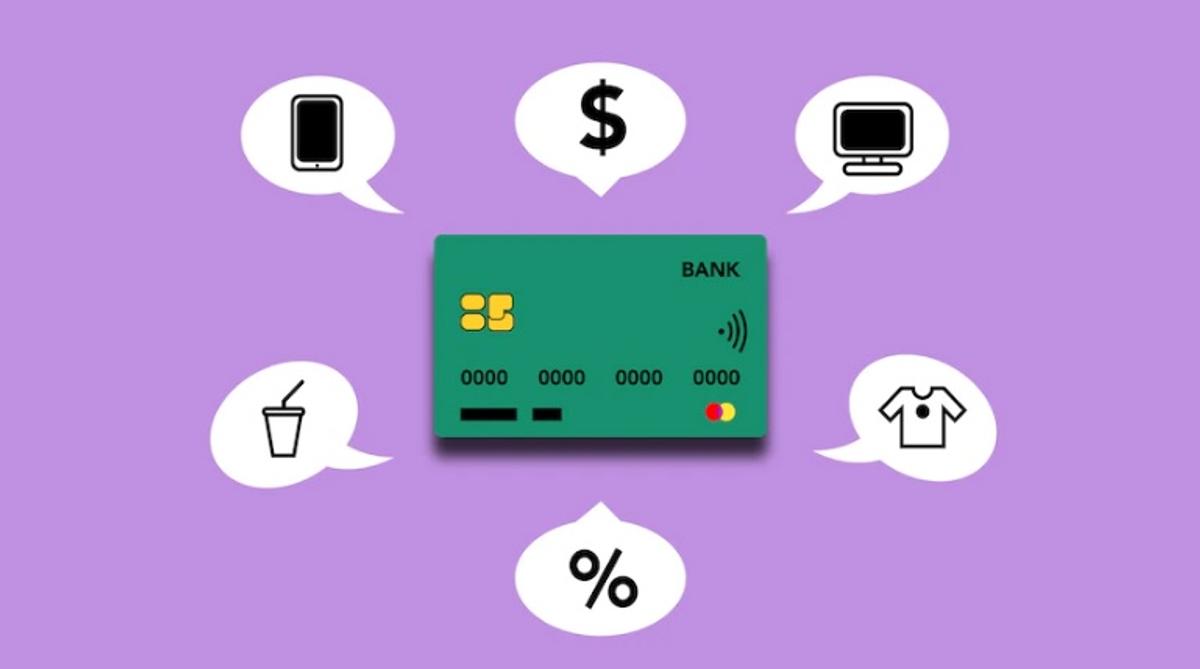

The cost of living is on the rise and your hip pocket might be feeling emptier than usual, so we asked our ABC.net readers to share their tips on coping with rising expenses.
Here are some of the ways they're curbing their spending, as well as money-saving advice from experts.
How can I spend less on food?


With inflation and wild weather impacting food prices, it could be time to ditch some luxuries and change up the menu.
How can I save electricity?
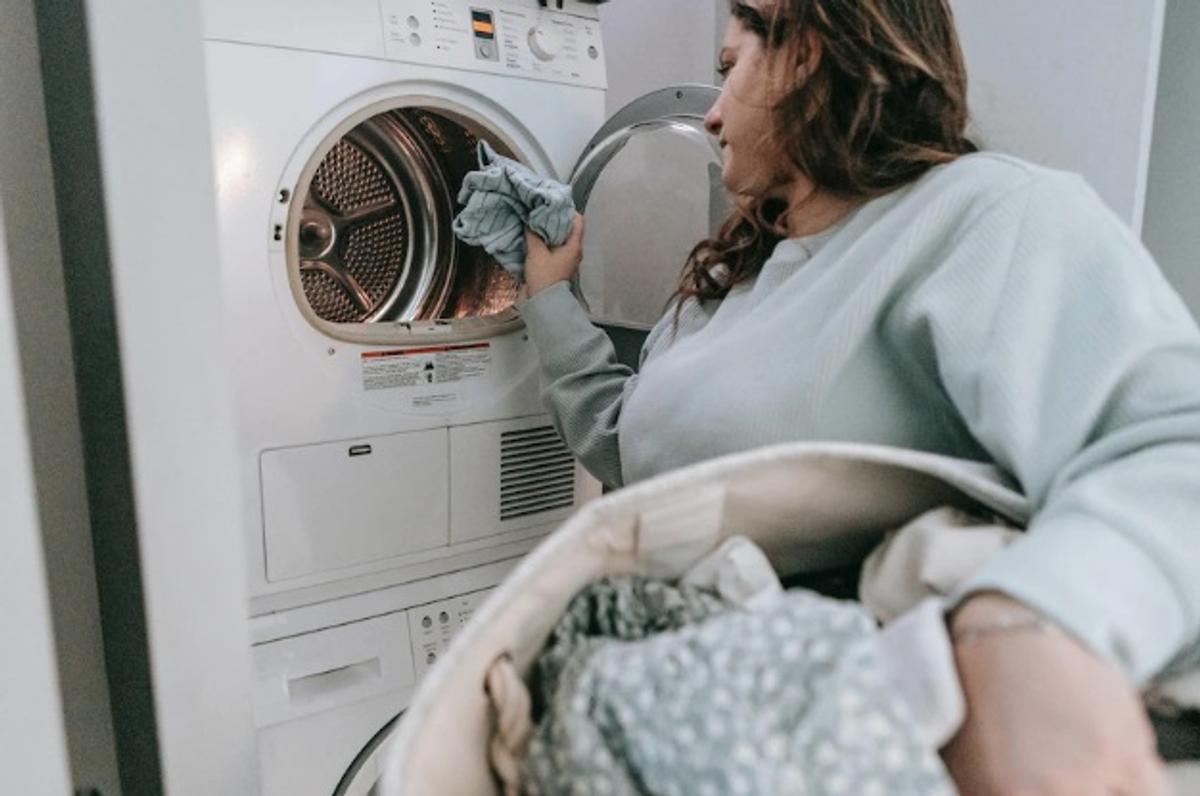

The current energy crisis and calls to conserve power under the threat of blackouts have led many people to review their energy consumption.
Here are some ABC.net simple things you can do around your home to cut down on power usage:
Does working remotely save money?
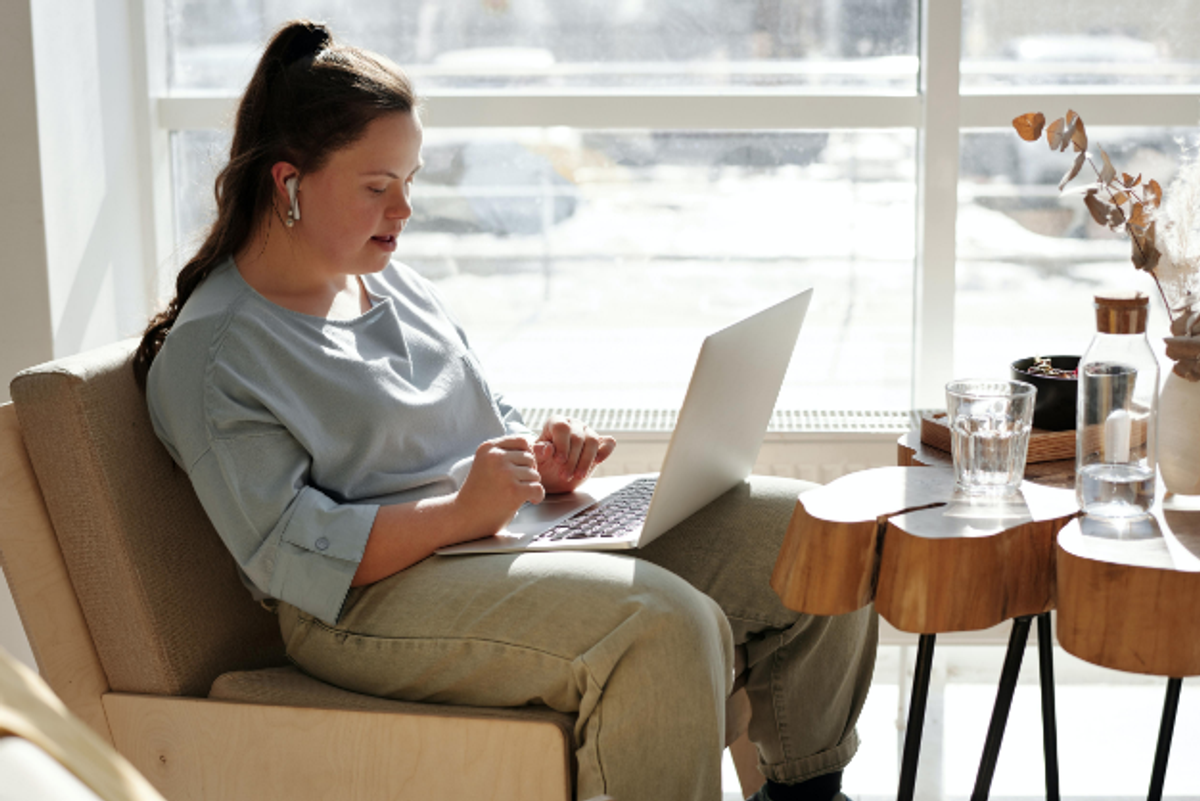

Cutting the commute out of the equation means saving on time, transportation costs such as fares and fuel, and even that morning cup of coffee.
Since the start of the pandemic, workers have been allowed to claim 80 cents per hour worked from home on top of running expenses under a new calculation method.
The short method is simpler to claim and does not require you to have a home office, but it is set to end in June. After that, you'll need to use either the fixed rate or actual cost methods to work out your work from home deductions.
Between this calculation change and electricity prices going up, it's hard to say whether working from home is cost-effective.
How can I save money without trying?


Money experts say it can be as easy as assessing your spending first, before moving on to decisions such as culling memberships and renegotiating bills.
You can even review big commitments such as mortgage repayments and consider doing the following:
What is off-peak electricity? What hours are considered off-peak? Am I eligible for off-peak electricity rates? By Jessica Riga (abc.net.au). Posted Monday June 20, 2022 at 12:13 pm.
What is off-peak electricity?
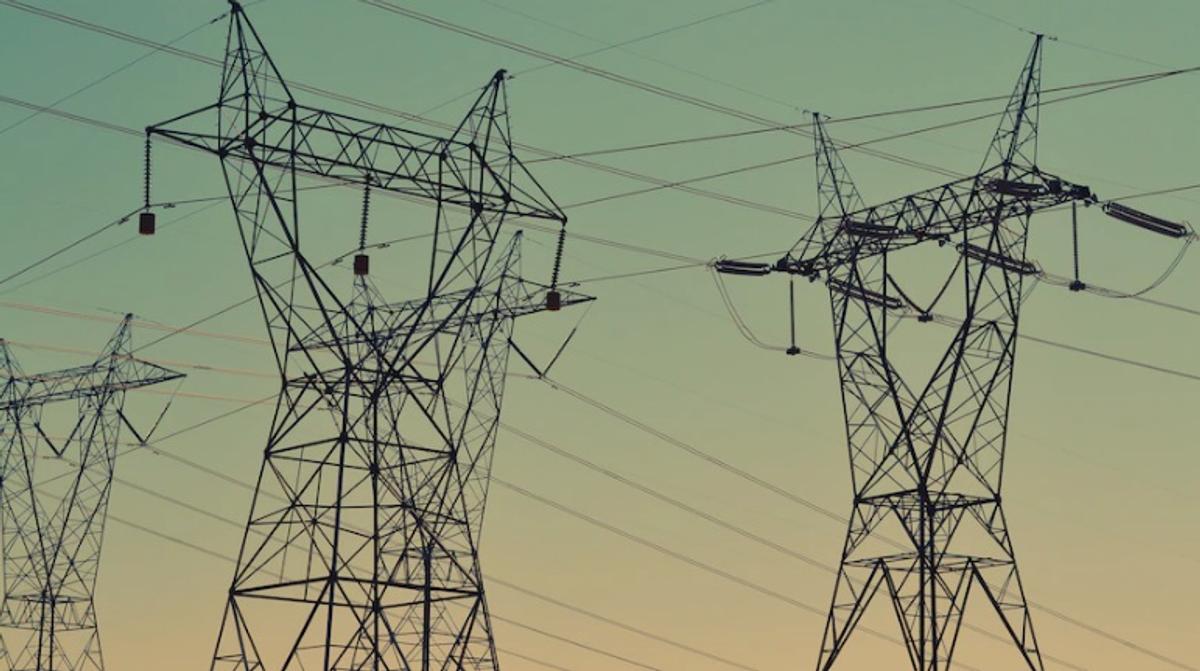

Off-peak refers to lower, discounted electricity prices during specific times. Off-peak times are generally when residential homes and businesses use less electricity.
Energy Australia says electricity used in busy peak times can place a strain on Australia's electricity networks.
That's why off-peak electricity is charged at a cheaper price, to encourage people to use their electricity outside these busy times.
Off-peak electricity can also refer to electricity being used by a stand-alone appliance, like an electric hot water service on a dedicated circuit. This appliance is metered separately and can be billed on off-peak rates, according to Energy Australia.
When is off-peak electricity?
Off-peak times will vary depending on your location and meter type, but for most people, it usually means at night or on weekends.
Off-peak times can also differ between energy providers.
For instance, according to Australian Power and Gas (APG), peak times to use electricity is generally 4pm to 8pm on weekdays.
Then there are 'shoulder' times, which sit between peak and off-peak times.
APG considers shoulder times to be between:
It's worth checking with your energy provider to find out the exact peak, shoulder and off-peak times for your plan, and which kind of tariff you're on.
Frozen can be better than fresh.
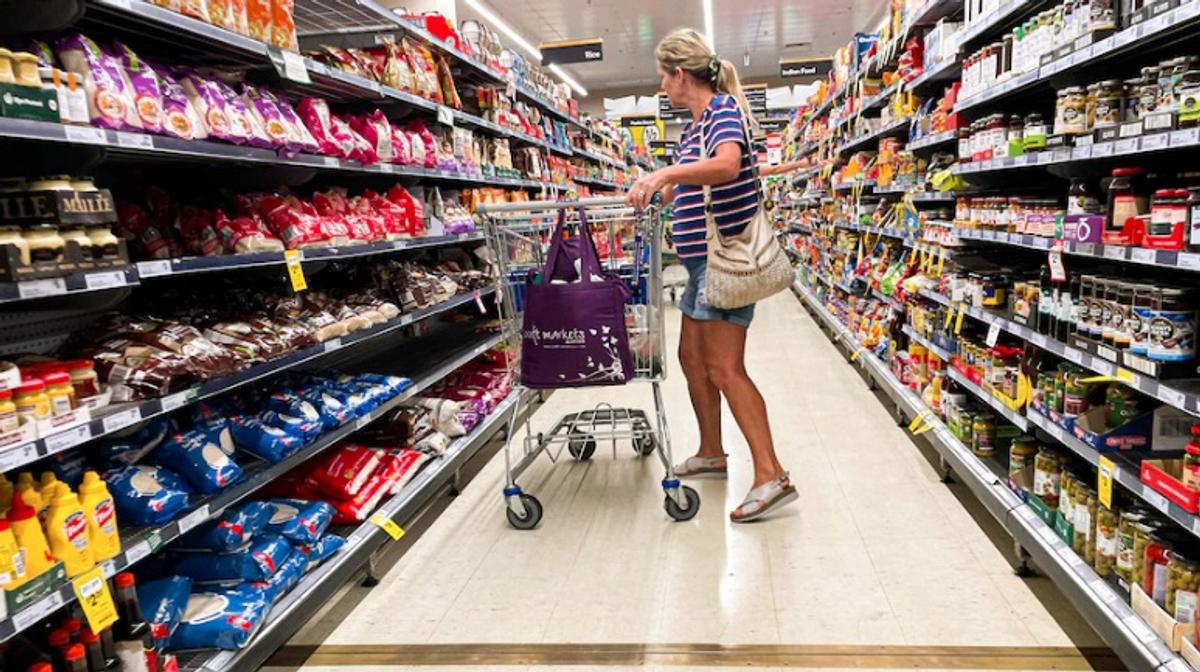

Accredited practising dietician from Nutrition Australia Leanne Elliston says that, from a health perspective, frozen food can sometimes be better for you than some products sold as "fresh" on supermarket shelves.
That's particularly true for food that's not in season, because those items are sometimes transported a long way and the nutrients inside them can break down during that long travel time.
Ms Elliston says water-soluble vitamins such as vitamin C are particularly bad for this.
So you may get a "fresh" orange, but because of the long time between that piece of fruit being picked and you eating it, it might have lost some of its nutritional benefits.
What about canned goods?
Tinned fruit and veggies often get a bad rap, but Ms Elliston said there can be a lot of nutritional goodness in those cans.
She's a big fan of tinned corn and tinned tomatoes as quick and convenient ways to up the fibre content of dishes like soups, casseroles, and curries.
And she says tinned legumes like chickpeas and lentils can help bulk out meat dishes — think spaghetti bolognese — to spread them out to more meals. However, she says, you just have to be mindful of the additives.
Tinned Fruit
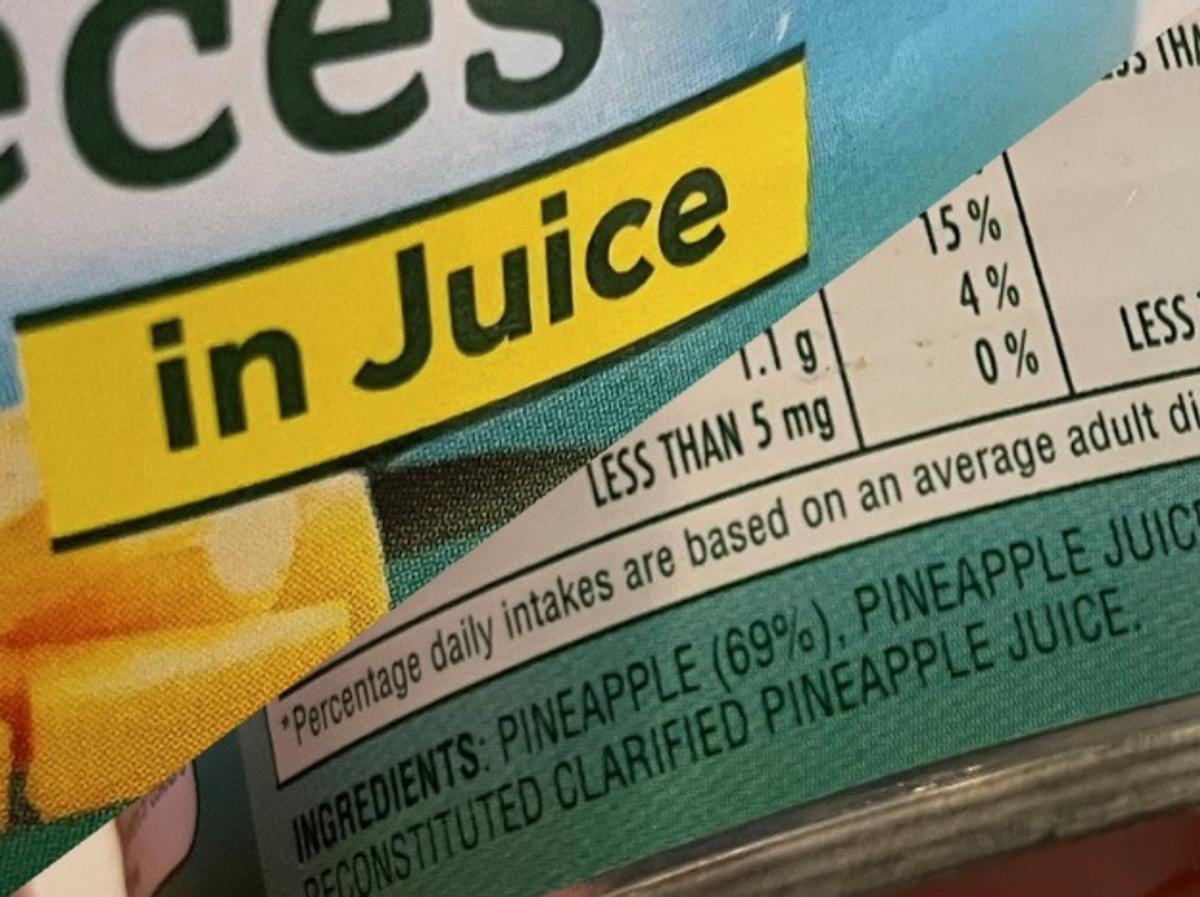

What to look for: Fruit in juice
Sometimes canned fruit is in the juice of a different fruit, often apple or pear juice, but the juice is less likely to have added sugar than other tinned fruits.
What to avoid: Fruit in syrup
"That's just going to be sugar and water," Ms Elliston said.
Tinned Vegetables
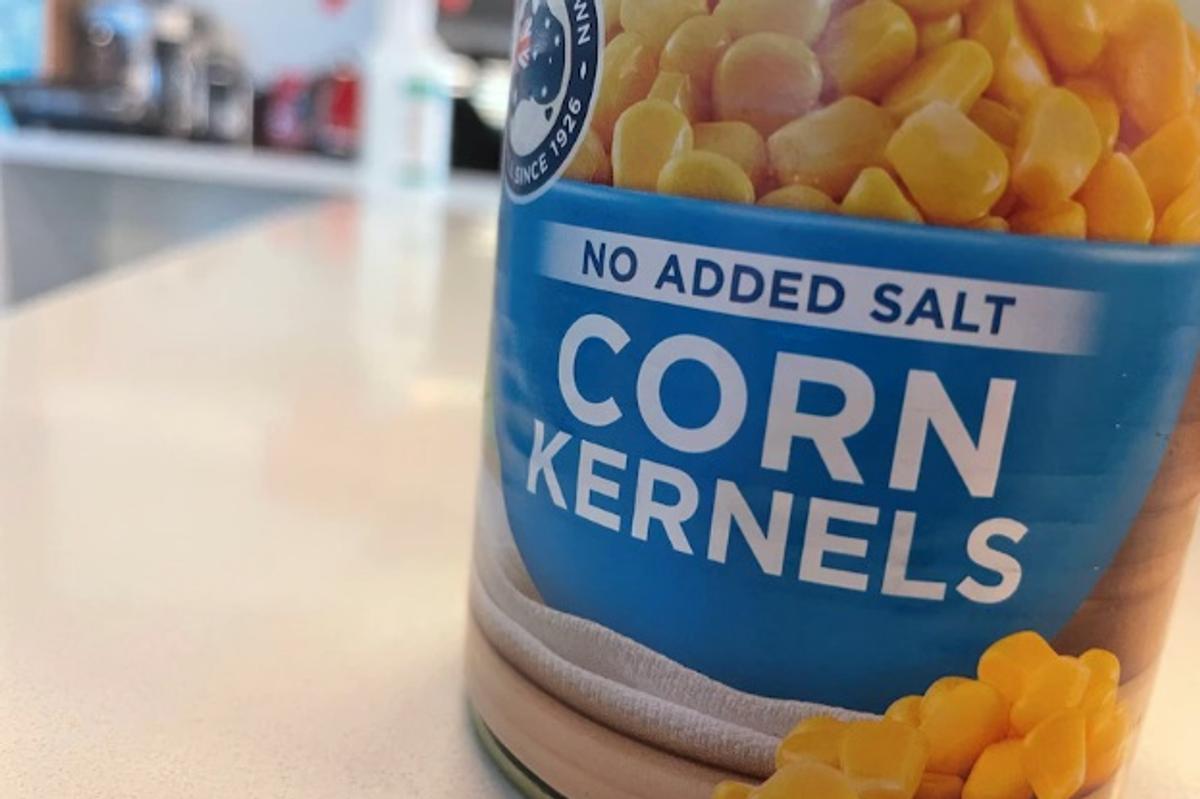

What to look for:
Reduced salt
What to avoid:
Added salt
"Pick up a couple of cans, look at the nutritional information panel and look at sodium," Ms Elliston said. "Chose the one that has the lowest amount per 100 grams."
It's best to have a variety
Whatever you chose, remember that any serving of fruit or vegetables is better than none.


Dr Rouf pointed to a Bureau of Statistics survey that found less than 7 per cent of Australians were eating the recommended five serves of vegetables per day.
On the Wellbeing page of the new website, there is a contact form where parents/guardians, students and staff can contact the Wellbeing team directly with any concerns or issues and one of the team will get back to you.
The form can be accessed here.
Headspace
Headspace Centres can be a one-stop shop for all young people who just need some help with everyday stuff or wellbeing and physical health.
Kids Helpline
Kids Helpline is across Australia, it is free, private and confidential 24/7. Mainly for young people aged 5 to age 25.
Call them on.. 1800 55 1800
Lifeline
Provides all Australians everywhere experiencing a personal crisis allowing 24-hour support. Call them on.. 13 11 14
Beyond Blue
https://www.beyondblue.org.au/
Provides information and support which helps tackle head-on the effects of mental health issues no matter where or what age.
Call them on.. 1300 22 4636
Parentline
https://www.betterhealth.vic.gov.au/health/serviceprofiles/parentline-service
Fantastic service for parents and carers of young children from a few days of age all the way up to 18-year-olds. This service offers counselling and support which is confidential and anonymous on all issues around parenting. Call them on...13 22 89


Thursday 4 August 6.30pm


Kingston Youth Services together with the Butterfly Foundation are excited to host the upcoming online parent information night on Body Confident Children and Teens. Join the experts from the Butterfly Foundation for a free, relaxed and informative 1hr 15min webinar for parents/carers on practical strategies for supporting positive body image in children and teens.
Topics include:
This is a free online event for parents/carers of young people 12 to 25 years old who have a connection to the City of Kingston (live, work, study).
Please also note this event will not be recorded and is intended for an adult audience, we kindly ask that children do not participate. However, for further information and free resources, families with teenagers you can access Body Kind Families.
Join our FReeZA P81 Events Committee to run a variety of youth events for the City of Kingston. Committee members will receive experience and training in the following roles:
FReeZA provides opportunities to gain hands on experience in Event Management, additional training to develop or strengthen your skills and wider networking opportunities with other FReeZA committees. Upcoming Event:Glitter and GlowKeep an eye on our socials for more details… To join the crew, you must be 12-25 years with a connection to the City of Kingston (live, work, study).For more information, visit FReeZA P81 EventsTo join, complete our Expression of Interest Form
The YAC has been established to provide advice to the City of Kingston in relation to broad-based youth related issues within the community and is an important forum for identifying municipal-wide issues and opportunities and advising Council about effective policy and service provision for young people within the City of Kingston.
The YAC provides opportunities for young people to develop leadership skills and be part of the decision making process. Further, the committee will provide the opportunities for young people to gain experience and knowledge of local government and the youth services system available to young people in the local and surrounding suburbs.
To join the crew, you must be 12-25 years with a connection to the City of Kingston (live, work, study). For more information, visit Youth Advisory Committee. Register via our Expression of Interest Form


Kingston Youth Services in partnership with Parkdale Library will be running a social chat for young adults (13-21yrs) commencing from July - YA Chat. These sessions will provide an environment for like minded young adults to come together monthly and chat about pop culture, music, TC and books.No bookings required. For more information contact Parkdale Library on 1300 135 668 or enquire online.
Join our Universal Magazine Committee to develop a quarterly print-based youth magazine to be distributed throughout the City of Kingston. We are currently seeking:
Universal provides hands-on experience, networking, portfolio pieces to showcase your work and training to develop or strengthen your skills.
You must be 12-25 years with a connection to the City of Kingston (live, work, study) to join the crew.
For more information, visit Universal Magazine CommitteeTo join, complete our Expression of Interest Form


QIK is a free, confidential, weekly social support group for young people aged 12-17 years who have a connection to the City of Kingston (live, work, study) who may identify as same sex attracted, gender diverse or questioning their sexuality and gender.
The group always welcomes new members to join in their weekly sessions as well as a range of activities held throughout the year.
For more information, visit Queer in Kingston (QIK)
To join, complete our Expression of Interest Form
Online dares and challenges are something most parents and carers will be familiar with. While these activities can be entertaining and creative, some can involve bullying, risky or even life-threatening behaviour. Let your child know they can talk to you if something online makes them feel unsafe or is encouraging them to be hurtful to others.Here are some ways to support your child in these situations:
Read eSafety's latest blog on online challenges at esafety.gov.au
Read more on the blog
Technology is always changing so it’s important to update devices and check privacy settings regularly. Apart from routine updates, there are also new safety features being rolled out which can help keep families safer online.
Read more about parental controls and using technology safely in the home at esafety.gov.au